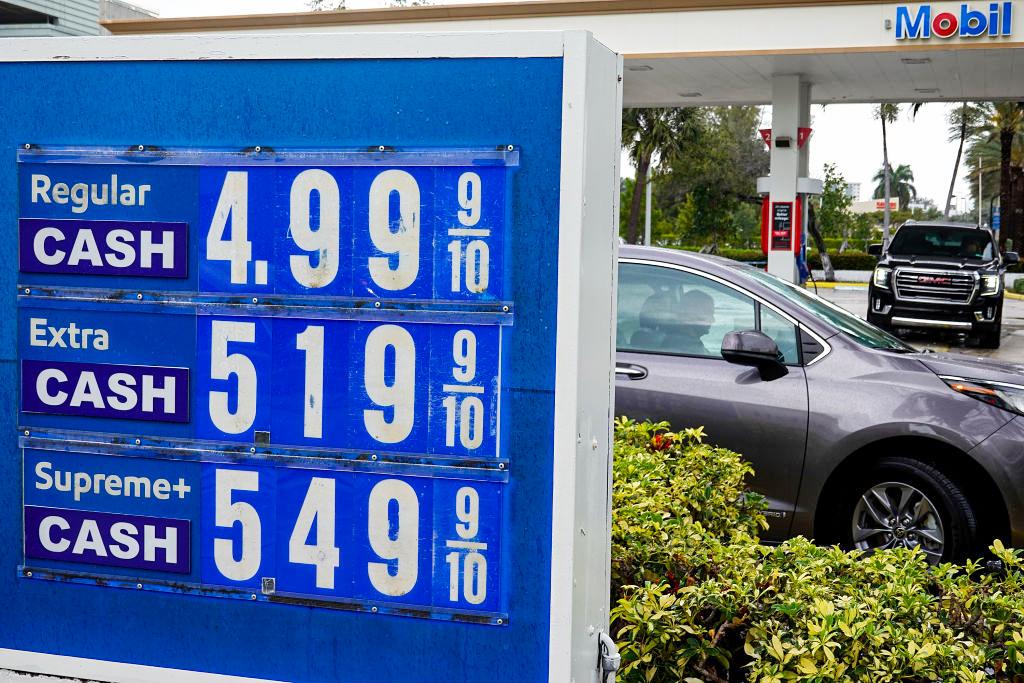Americans are increasingly concerned about rising inflation, which is at its highest level in almost 40 years, according to a new Gallup poll released on March 29.
The survey found that 17 percent of respondents named inflation as their top economic issue in March, rising from 10 percent in February and 8 percent in January.





